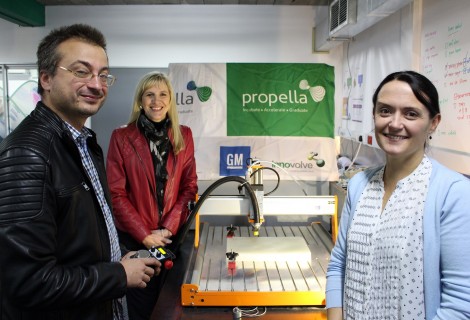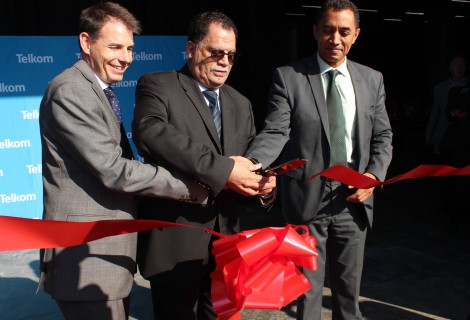Storing energy – The ‘Hot Rock’ way
Hot Rock, a system that reduces battery energy storage costs, was featured in The Herald supplement Business in the Metro on 30 November.
The published article can be read below:
PERHAPS the biggest challenge facing renewable energy is energy storage when the wind is not blowing or the sun is not shining.
NMMU is working with industry to research a number of systems for the storage of power.
They range from a new facility to test lithium-ion batteries used in electric vehicles to standard lead acid batteries and a “Hot Rock” system.
Postgraduate battery research projects in collaboration with Powertech Batteries are focusing on the use of additives to improve the anode and cathode materials of conventional Pb-acid batteries.
At the heart of the battery testing is a 21-channel Bitrode battery tester that can subject cells and batteries to a range of pre-programmed testing sequences of charging and discharging under various voltage, current and temperature controls.
Developed by NMMU researchers working under mechanical engineering associate professor Russell Phillips, the Hot Rock system allows heat to be stored during the day for later conversion to electricity at a household scale using a heat engine.
What makes it a breakthrough is that at present the conversion of solar heat to energy is only economically viable using giant concentrated solar power plants, Phillips said.
The Hot Rock system reduces battery energy storage costs and lowers the risk of theft due to the low value of the components used in the system, he says.
A prototype is already working, and the technology is ready to be taken to the next level for commercialisation.





